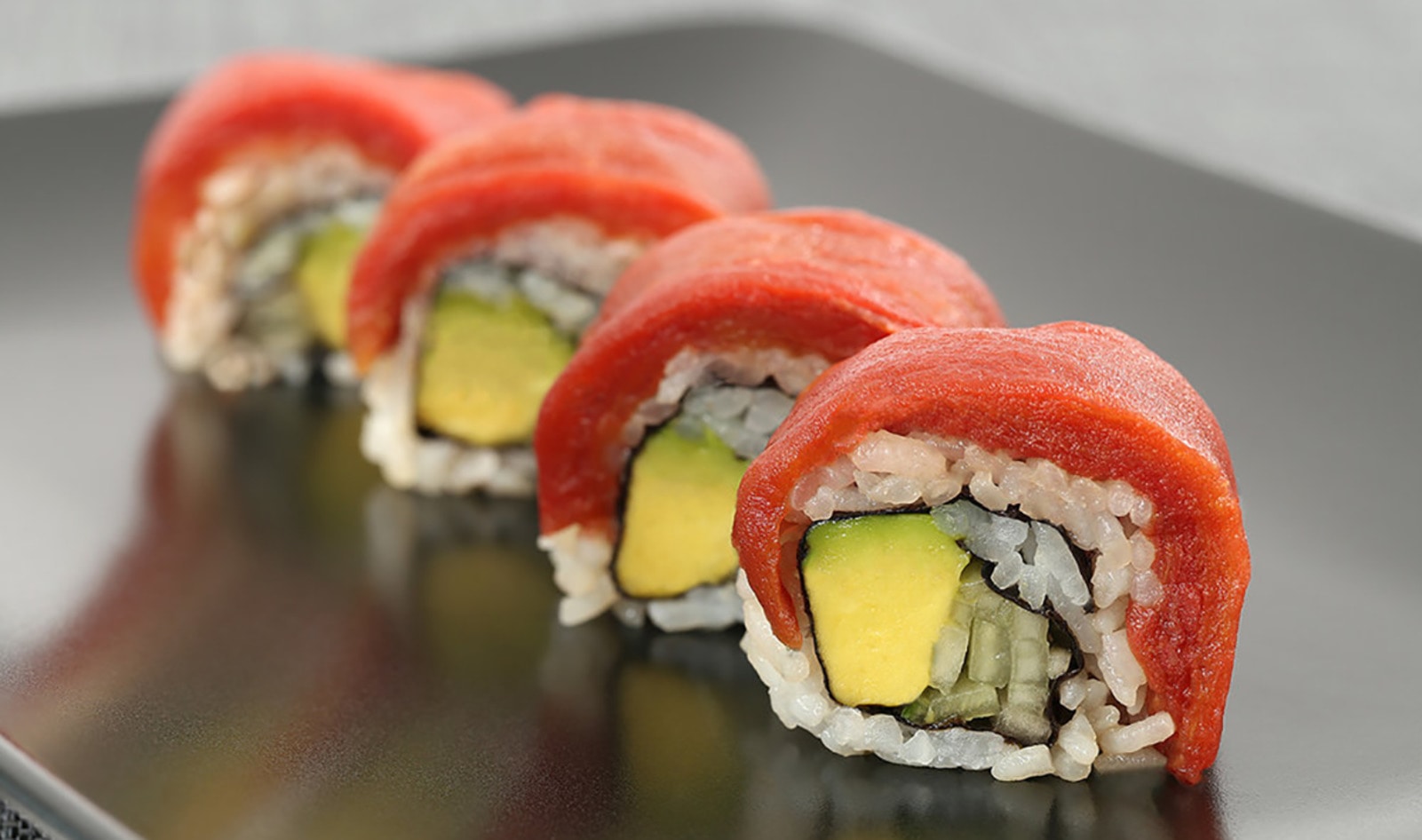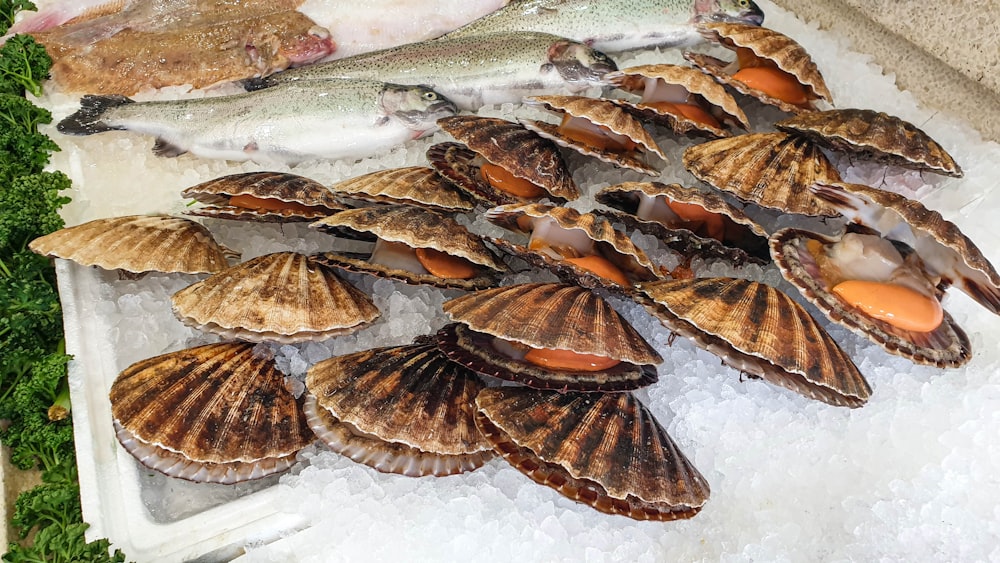Fishless Fish: Plant-Based Seafood Alternatives are Here!

The world of food changed with the introduction of meat alternatives, and it’s ready to do so again! Companies have now started coming out with plant-based seafood alternatives to satisfy those fishy cravings without costing us one of our most important ecosystems. This breakthrough may prove to be a game-changer when it comes to the biggest issues our oceans face. If this promotes the end of overfishing and a drop in water pollution, we may once again “sea” a bright future for this planet.
What are plant-based seafood “alternatives” made of?
These products most commonly consist of soy, seaweed, yeast, legumes, vegetable oils and starch ingredients, and represent the best parts of seafood without the fish!
Who does plant-based seafood benefit?
1. Those with dietary restrictions (either by choice or medical reasons)
Shellfish no more! People with seafood allergies or intolerances will be able to get a taste of these new alternatives (hold the danger, please). Those who follow vegan, vegetarian, or even pescetarian diets will also be able to introduce these flavors back into their world without the guilt (or that fishy smell!)

2. Those with concerns over chemical exposure
The good news is since these products don’t contain fish, they also aren’t home to the exorbitant levels of mercury found in most common seafood dishes. These plant-based options are safe for children, pregnant women, and all others who were worried about their exposure to mercury. In addition to that, there’s also no more fear about consuming animals tainted with microplastics from pollution!
3. Everyone!
Whether you eat fish or not, the existence of the fishing industry has a large impact on our planet, and therefore on us. Overfishing has robbed the world of multiple marine life species, and threatens over one-third of the existing fish population. Despite this, the demand for profit creeps ever higher, threatening ocean stewardship. With the advent of plant-based seafood, big corporations may take a hit, potentially leading to downsizing and the subsequent slow but steady proliferation of species on the brink of extinction.
Fishless “fish” can help protect the food chain, by encouraging people to try substitutes for that gourmet salmon, haddock, or even shrimp, leaving the real deal to their natural meals. Less fishing boats on the water means less harmful chemicals being expelled by their engines as well, allowing the ecosystem to heal. Even coral reefs will benefit, as fishing nets have been known to scrape along these structures, destroying the habitats where marine life finds shelter and food.

Plant-based seafood Solutionists
There are a lot of different companies working on the research and discovery of new seafood alternatives, and each of them is proud to be a part of this momentous occasion! Vegan ZeaStar (Parent Company: Vegan Finest Foods), had their fishless sashimi nominated for a World Plant-Based Award in 2020. Plant Based Seafood Co boasts gluten and soy-free shrimp and scallops for those with intolerances and allergies. Don’t forget Gardein, who has not only meatless alternatives, but also kosher and dairy-free fishless filets for your enjoyment!
Even our solutionist Tom Chi, a man passionate about making “a world where humanity is a net positive to nature”, got in on the fun by investing in Finless Foods, a company dedicated to finding plant-based and cell-cultured replacements for the world’s “favorite fish”. For now they’re starting with tuna, but they have big plans and bigger hopes to find a way for us all to enjoy every taste humans have come to know and love from our oceans.
Whether your fridge is stocked with tofu or tuna, these kinds of discoveries have the potential to change our lives for the better. For us and for the future of this world, let’s give fishless fish a try. You never know, it may even become your new favorite!


I was just telling my friend about that.